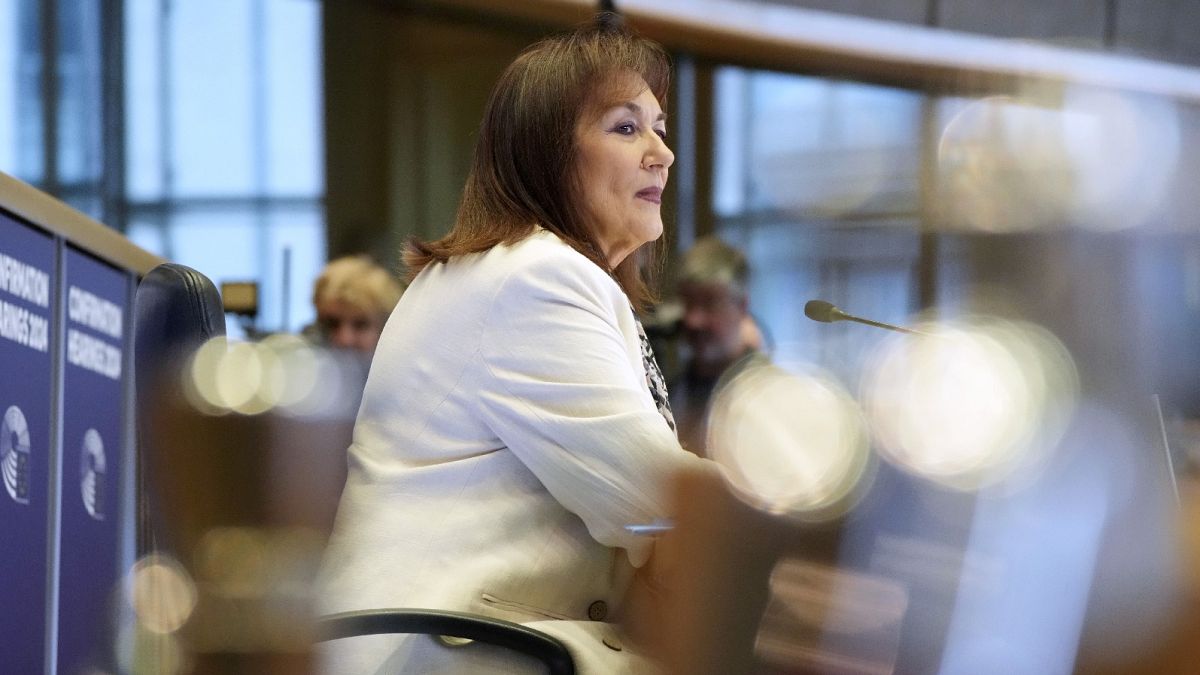The upcoming European Commission is set to include a Mediterranean portfolio, underscoring the EU’s emphasis on the strategic importance of its neighboring region. Jordan and Morocco are next in line to negotiate extensive agreements with the European Union aimed at curbing irregular migrant arrivals and bolstering trade relationships. As the incoming Commissioner for the Mediterranean, Dubravka Šuica plans to focus on establishing Strategic and Comprehensive partnerships with third countries within the region. Negotiations are already underway with Jordan, and discussions with Morocco are on the horizon.
Šuica defended the controversial deals signed with Egypt and Tunisia, worth billions of euros, in the past year. Despite concerns raised about human rights violations and authoritarian rule in these North African countries, the Commissioner asserted that urgent action was necessary as both nations were facing destabilization. She pointed out that the agreements have yielded positive outcomes, such as a significant reduction in migrant flows from Tunisia. Moving forward, Šuica pledged to conduct human rights impact assessments prior to future deals, with robust monitoring mechanisms in place to ensure compliance.
While acknowledging the need for improvement, Šuica maintained that the Commission’s approach has been effective in addressing migration issues and fostering partnerships with Mediterranean countries. She emphasized the importance of safe and legal pathways for migrants, combating smuggling, and enhancing border security. Beyond migration concerns, Šuica highlighted the broader economic benefits and energy ties that these agreements aim to foster. By positioning the EU as a dependable partner, she aims to deepen cooperation with countries across the Mediterranean, Middle East, and Africa.
During her parliamentary hearing, Šuica also outlined her strategy for the Middle East, reiterating her support for a two-state solution and a more assertive EU presence in the region. She underscored the EU’s desire to play a more active role in shaping political outcomes rather than merely providing financial assistance. By engaging in diplomatic efforts and promoting human rights, the Commissioner aims to enhance the EU’s influence and presence in the Middle East. Overall, the Mediterranean portfolio represents a key component of the EU’s foreign policy priorities, emphasizing cooperation, stability, and economic development in the region.











